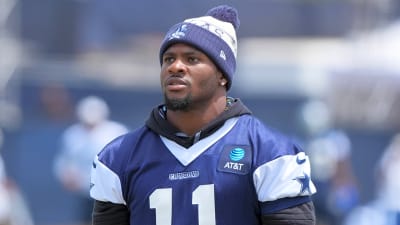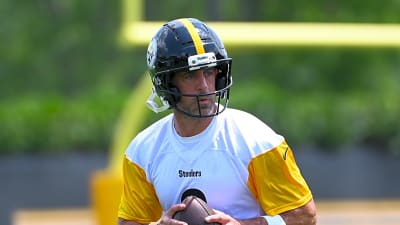x

As a die-hard Buccaneers fan, you’ve likely spent countless hours dissecting the team’s strategies, analyzing player stats, and cheering on your favorite players. But have you ever stopped to think about the human side of the team? The personalities, quirks, and motivations that drive them to succeed? In this article, we’ll take a step beyond the playbook and explore the fascinating stories behind the Tampa Bay Buccaneers.
The Leadership Conundrum
Effective leadership is crucial in any team sport, and the Buccaneers are no exception. While task-oriented leadership can be beneficial in certain situations, such as emergency deadlines or crises, it can also lead to worker burnout, stifle creative thinking, and ultimately harm team performance. A balanced approach that combines task-oriented leadership with relationship-oriented leadership can lead to more success. Consider the example of T.J. Rodgers, co-founder and CEO of Cypress Semiconductors, who demanded intense focus on tasks and deadlines. While this approach may have driven results in the short term, it also created a toxic work environment and led to burnout among employees. In contrast, a leader who prioritizes both tasks and relationships can foster a more positive and productive team culture.The Power of Relationship-Oriented Leadership
So, what can the Buccaneers learn from this approach? By prioritizing relationships and building strong connections with their players, coaches can create a more supportive and motivating environment. This can lead to increased job satisfaction, reduced turnover, and improved performance on the field. The partnership between Steve Jobs and Steve Wozniak at Apple is a great example of how task-oriented and relationship-oriented leadership can work together. While Jobs provided the vision and creative direction, Wozniak handled the technical tasks. This balance allowed them to achieve remarkable success and create innovative products.Applying These Lessons to the Buccaneers
As the Buccaneers look to build on their past successes, they can benefit from a leadership approach that balances task-oriented and relationship-oriented strategies. By prioritizing both the technical aspects of the game and the well-being of their players, the team can create a more positive and productive environment.Key Takeaways:
- Task-oriented leadership: Effective in short-term, crisis situations, but can lead to burnout and stifle creativity.
- Relationship-oriented leadership: Fosters a supportive environment, prioritizes player well-being, and drives long-term success.
- Balanced approach: Combines task-oriented and relationship-oriented leadership for optimal results.
More must-reads:
- Broncos work not done after extending standout DE Zach Allen
- Browns held Shedeur Sanders out of team drill due to arm injury
- The 'NFL mascot names' quiz
Breaking News
Trending News
Customize Your Newsletter
 +
+
Get the latest news and rumors, customized to your favorite sports and teams. Emailed daily. Always free!








